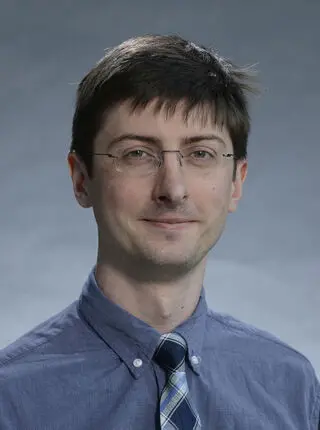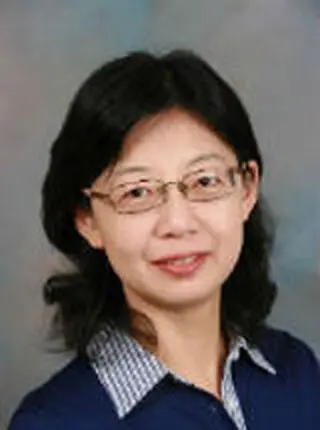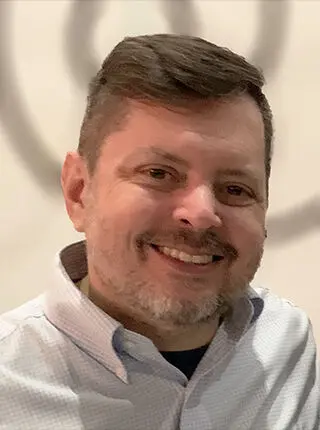Histology Core

Histology Core Overview and Mission
The mission of the Penn Center for Musculoskeletal Disorders (PCMD) Histology Core is to provide comprehensive, high quality histology services to musculoskeletal researchers at the University of Pennsylvania and the broader research community.
The Specific Aims of the core are:
- To provide guidance and training on the capabilities, advantages, and disadvantages of the various methodologies to assess musculoskeletal tissue structure and composition through formal educational enrichment programs and one-on-one interactions.
- To provide expertise and service for histological and histomorphometric assays of musculoskeletal tissues.
- To develop new histologically-based techniques that will be applicable to musculoskeletal research.
- To provide funding for development of new projects and collaborations and to develop preliminary and/or feasibility data for investigators.
Services Offered
The core offers a complete spectrum of services from sample preparation and processing, to sectioning, staining and analysis, with capabilities for paraffin, plastic and frozen histology. The core provides state of the art equipment in each of these areas, which can be accessed either on a self-service basis (upon completion of training) or a full-service basis through our full-time histology technician. Service fees are highly competitive, with significant discounts offered for PCMD members.
- Consultation and protocol development (no charge)
- Paraffin processing and embedding
- Paraffin sectioning
- Plastic sectioning
- Frozen sectioning
- Routine histochemical staining
- Training in histology techniques
- NEW! HCR-FISH (Fluorescent In situ Hybridization)
If you are using the core for the first time, we highly recommend scheduling a meeting with one of the core co-directors and the core technical director to discuss the scope of your project and specific needs.
Announcements
1) Renewed Eclipse 90i fluorescence microscope in Rm. 342A
With familiar software and a new drive!! Please, notify Edgardo to sign up to its Google calendar sheet and reserve the microscope; also to get retrained if need be.
We want to offer and keep this as a FREE service to ALL PCMD members. Please take care of it…Most importantly remember to:
- Turn ON the microscope first and then the computer
- Turn OFF the microscope when not in use
- Place its blue cover back on
2) Have tissues to process? Now easier than ever…
As most service request forms are for processing tissues, the Histology core has a new google form that asks if you are placing a simple processing request or a full project request. You can even use your smart phone to fill out and submit a processing request. Its quick and painless!
The new link for the new Service Request Forms is :
**Click here to take you to the tissue processing form or the Full Service Request Form**
Please bear with us while we are trying to beta test this new ‘new’ way to input your processing requests or full projects. Any suggestions are appreciated.
3) Cryostat “New” Rules
The Histology core has pasted a set of sign-up rules to make sure that everyone can use the cryostats. Please abide by these sign-up rules:
Cryostat Sign-up Rules
- EVERYBODY must sign up to the Cryostat’s Google Calendar; even on holidays, nights or weekends.
- You must sign up with the principal investigator’s initials and your pennkey separated by a colon, Using the following format:
Penn & CHOP users: PI initials : your Pennkey : your phone #
All other users: PI first and last name : your name : your phone #
- If any reserved cryostat isn’t being used for the first 15 minutes, anyone may sign up for the allotted time.
- Cryostats II and III are blocked on certain time slots during the week for the exclusive use of their respective lab members. If any cryostat is not reserved 24 hours before their intended use, anyone within PCMD may reserve it, but, they must sign up according to the above rules.
- Cryostats malfunction and/or break; please notify Edgardo (arroyoe@pennmedicine.upenn.edu) of any complication.
- As always, if you have any questions or concerns, contact Edgardo. (arroyoe@pennmedicine.upenn.edu)




